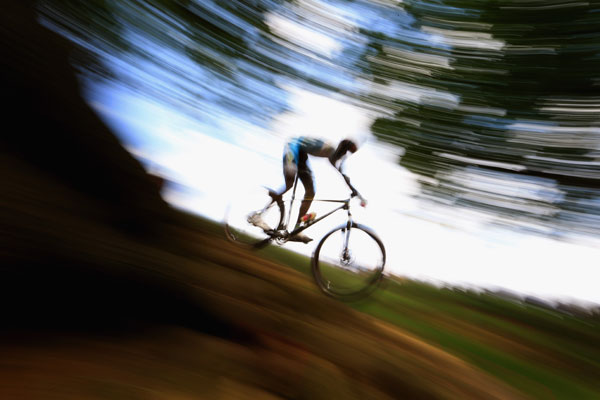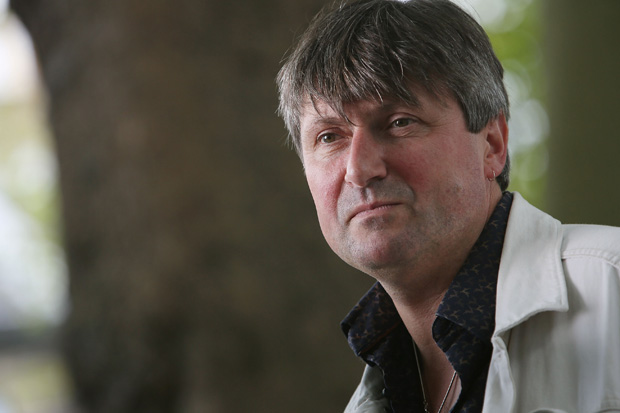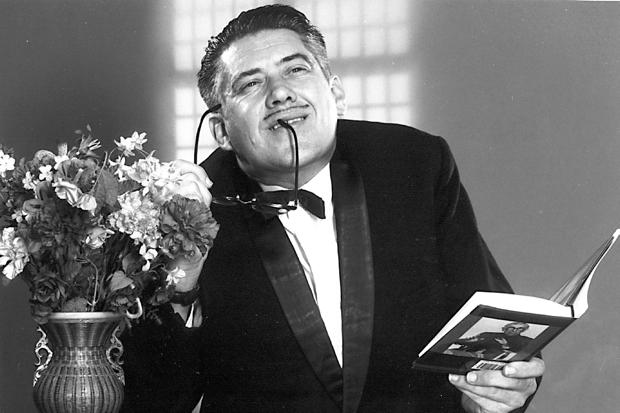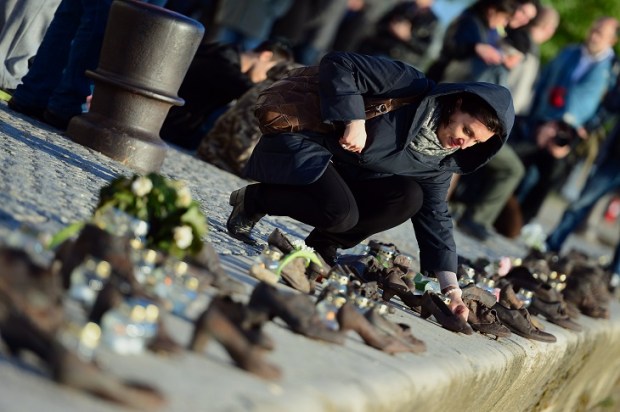This is a book about Rwanda. It’s a book about cycling. But it’s not, in the end, a book about Rwandan cycling.
Well, it is. Tim Lewis gives us the story of Adrien Niyonshuti’s attempts to qualify for the 2012 Olympics under the tutelage of American cycling legend Jock Boyer. Adrien and his teammates are desperate to put Rwanda on the world map for something other than the 1994 genocide. But while the tale has its dramatic moments, it never really bursts into life. It’s too messy for that; as Lewis himself says, ‘situations in Africa are rarely, if ever, neat’. For instance, one of the cyclists refuses to train, being too busy pirating videos for the profitable film showings he organises. Seabiscuit-style ‘underdogs giving their all’ it ain’t.
This doesn’t mean, however, that the story isn’t worth reading for its component parts. Rwanda comes across as an incredible country. The genocide produced 5.5 deaths every minute for 100 days. Adrien lost five brothers and a sister; when the 2011 Tour of Rwanda goes past his grandmother’s house he pedals faster to keep the memories at bay. Documentation disappeared in the atrocity, so the riders have to be given new birthdays — one nicknamed ‘Rocky’ gets 6 July because it’s Sylvester Stallone’s.
The genocide’s longer-term consequences can be surprising: because so many men were killed, Rwanda ended up as the first country in the world whose parliament contained a majority of women. The book is good on culture shock; accustomed to packed local buses (known as twegerane, ‘let’s stick together’), when the Rwandans visit America they all squeeze onto one row of a spacious people-carrier. In South Africa Adrien is confronted by his first ever bedsheets; he sleeps on top of them, afraid to cause a mess. Culture shock isn’t a one-way street, though: the Rwandans are amazed that the Americans keep animals in their homes.
The book also opens up the world of professional cycling. It’s a sport that attracts punishment junkies, determined to ride themselves through and beyond the pain barrier all for the sake of a quicker time, a higher-placed finish. (Are they running, or rather riding, from something?) Jock Boyer chafed himself so badly in one race that by the end he had to urinate on all fours. In the 1970s, before ‘fuelling yourself’ had reached today’s pharmaceutical levels of sophistication, riders would chew steaks to extract the nutrients then spit them out to avoid ingesting unwanted calories. Modern mountain bikers ride machines whose frames weigh less than a bag of sugar, sometimes even refusing to get them painted because that would add an unnecessary 60 grammes. All a long way from 1888, when John Boyd Dunlop invented the pneumatic tyre so his sickly young son could cycle in comfort.
Rwandans have a natural affinity with bikes, using traditional wooden ones known as icugutu to transport bananas, children and even goats. Or rather they used to use them — President Kagame has recently banned them from main roads for the same reason Colonel Gaddafi shot all the camels in Tripoli: he didn’t want the country appearing backward. It’s one way of making a situation in Africa neat.
Got something to add? Join the discussion and comment below.
Get 10 issues for just $10
Subscribe to The Spectator Australia today for the next 10 magazine issues, plus full online access, for just $10.
You might disagree with half of it, but you’ll enjoy reading all of it. Try your first month for free, then just $2 a week for the remainder of your first year.












Comments
Don't miss out
Join the conversation with other Spectator Australia readers. Subscribe to leave a comment.
SUBSCRIBEAlready a subscriber? Log in